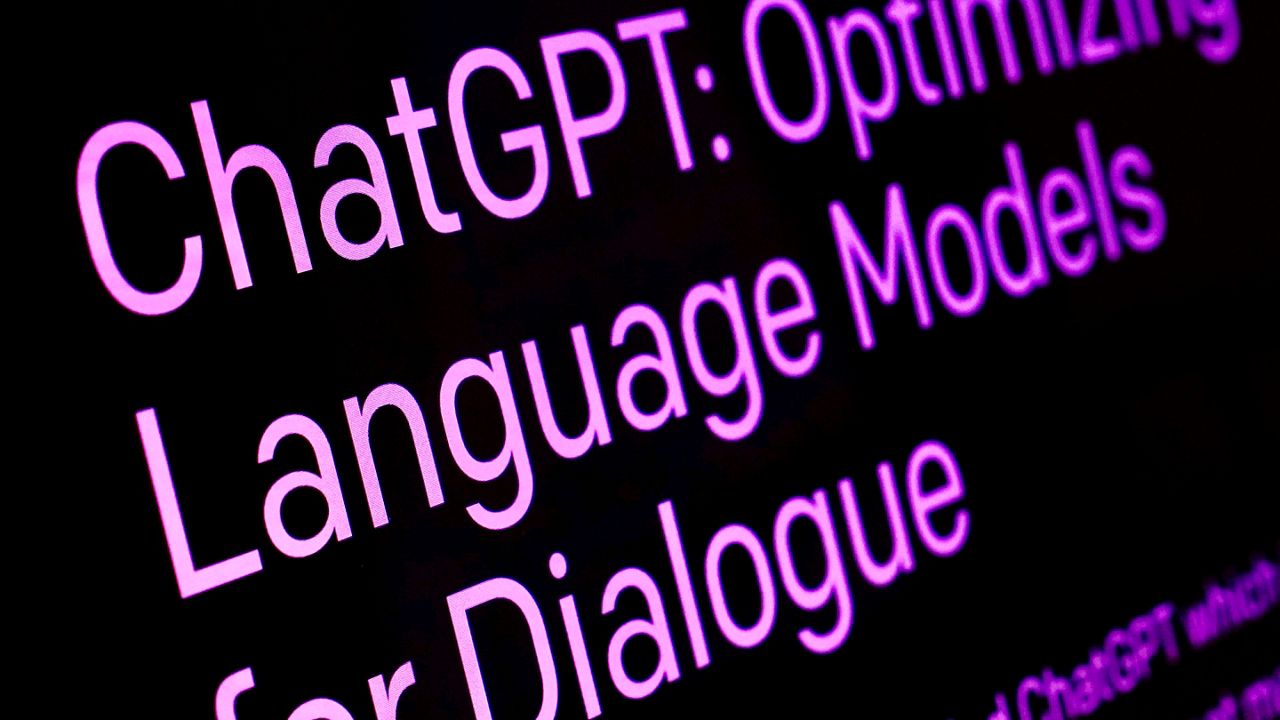
News Corp announced Thursday it has struck a content-licensing deal with OpenAI.
The owner of the Wall Street Journal and New York Post said the deal allows OpenAI to use content from News Corp’s consumer publications and their archives to answer queries and train the artificial intelligence company’s technology.
“The pact acknowledges that there is a premium for premium journalism,” News Corp CEO Robert Thomson said in a memo to employees the Wall Street Journal quoted. “The digital age has been characterized by the dominance of distributors, often at the expense of creators, and many media companies have been swept away by a remorseless technological tide.”
Thomson said the onus was on News Corp to leverage what he called a “providential opportunity.”
The Journal valued the deal at about $250 million.
The agreement comes five months after the New York Times sued OpenAI and Microsoft for infringing on its copyright by using millions of the company’s articles to train its ChatGPT online chatbot. The lawsuit contends that chatbots compete with the Times.
In February, OpenAI sought to dismiss parts of the lawsuit, saying ChatGPT “is not in any way a substitute for a subscription to the New York Times.”
Several other news outlets, including The Intercept, Raw Story and AlterNet, have also filed lawsuits against OpenAI saying it is misusing their articles to train its chatbot.
The New Corp deal comes just days after actress Scarlett Johansson claimed OpenAI copied her voice for an AI-generated personal assistant named Sky. OpenAI contested her claim but stopped using the voice earlier this week.
“This partnership comes at a critical time for OpenAI, which faces multiple lawsuits from content creators over using their material for AI training,” Copyleaks CEO Alon Yamin said in a statement for Spectrum News. Copyleaks uses AI to detect plagiarism. “As AI technologies advance and their applications expand, the collaboration between OpenAI and News Corp could influence how Ai developers and media organizations interact, setting new standards for ethical content sourcing.”
